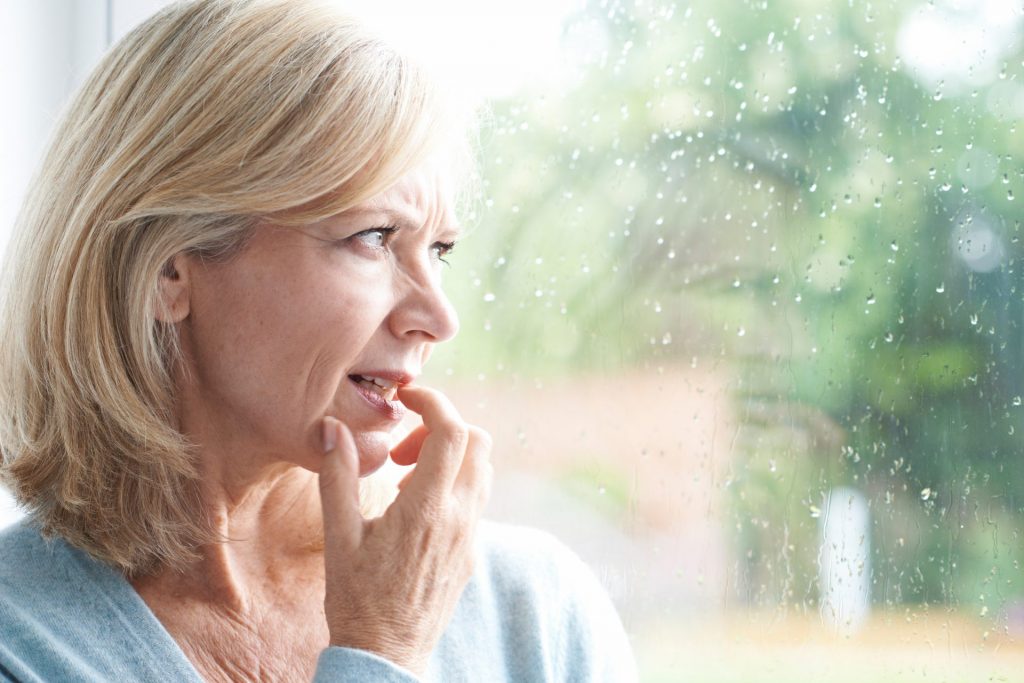Agoraphobia is a specific anxiety disorder that can manifest in several specific ways, all of which can involve numerous panic attacks and a refusal to leave a place the sufferer feels is safe. The word, in Latin, directly translates into the fear of the marketplace. In an ego-driven, consumerist society, the entire world outside the home is that marketplace.

Many people with agoraphobia can be misdiagnosed with a generalized anxiety disorder, but in reality, almost 2% of all adults have agoraphobia and 40% of those already diagnosed have it severely. There are several specific symptoms of agoraphobia to look out for.
Specific Symptoms
Many people with this disorder fear that they will wander into an unpredictable situation that they may not be able to run away from or get out of. People with agoraphobia may feel intense fear and anxiety in the following situations:
- leaving their home, or safe space, either alone or with a partner
- large crowds and waiting in lines for extended periods
- open and enclosed spaces (movie theaters, parking garages, parks, elevators, for example)
- using any form of transportation, especially public transportation around several other people
Sometimes, even thinking about being in these situations can start an anxiety attack while those of us around the individual may not see or understand the threat. Those who suffer from severe agoraphobia may not be able to leave their homes or their safe spaces without serious physical responses that can mimic a heart attack and then further increase the already high level of fear and anxiety.
The Safe Space
Cognitive behavior therapy for anxiety symptoms teaches us to close our eyes and visualize ourselves inside our designated safe space. The theory is that our anxiety symptoms will decrease once we begin to smell the familiar scents and feel the familiar feels. The anxiety for someone who suffers from agoraphobia begins at this safe space, so this behavioral modification practice must also be modified through a more specialized treatment and even medications.
If you are a family member or are close to a person who seems to suffer from agoraphobia, don’t fall into the trap of thinking that they are being lazy or entitled, as some have done. Your loved one needs help to get back to living their best life.
Contact us at Pandora’s House for further information on how we can help you and your loved ones get back to the lives you want to lead. Our high-quality and compassionate team is dedicated fully to giving you comprehensive and quality psychiatric care. Let’s meet and discuss an individualized treatment plan to combat your problems. You can be happy again.
